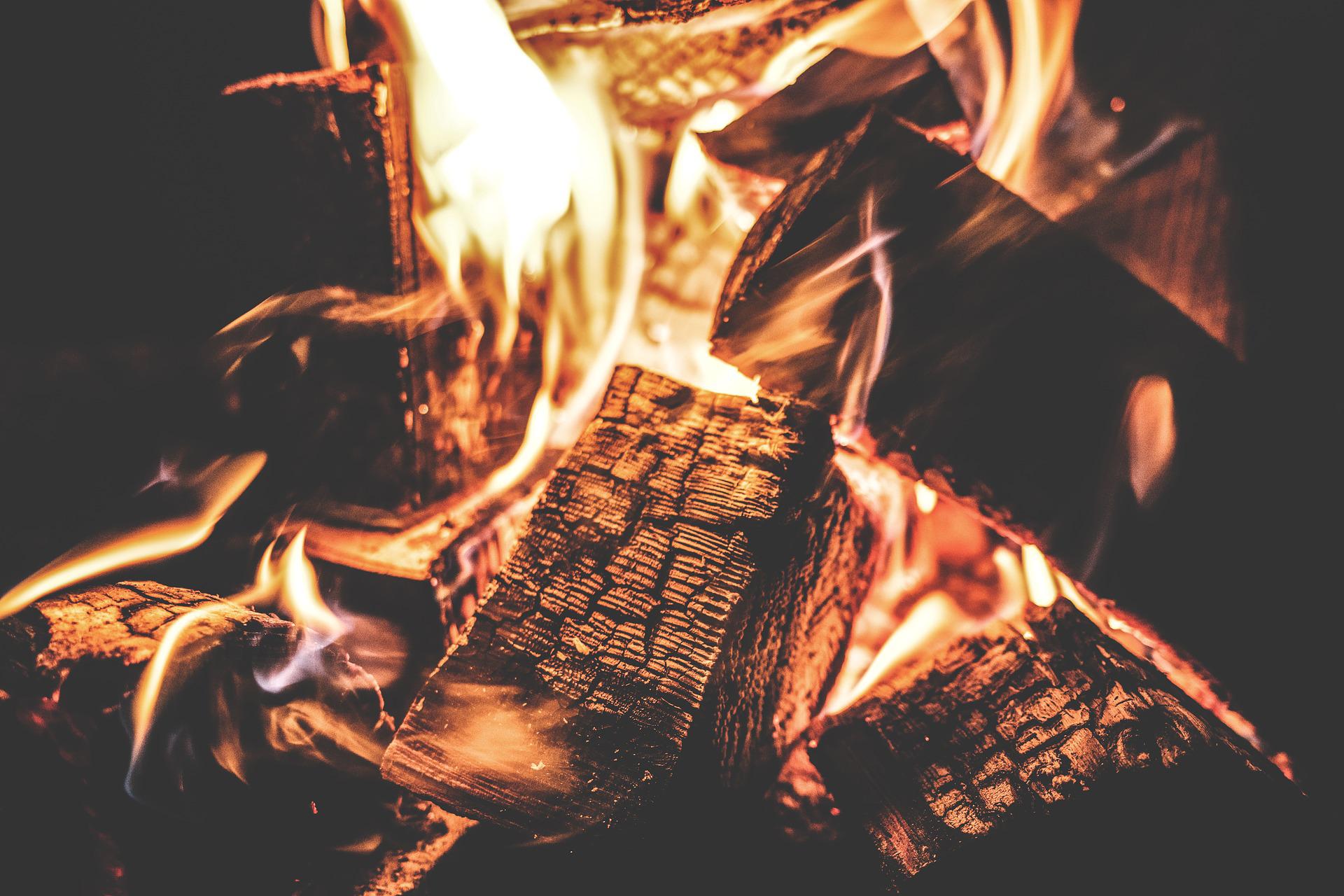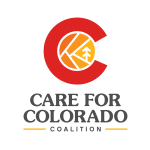It’s Dry Out There: Be Safe with Fire
At this time of year, you’ll hear a lot about Leave No Trace Principle #5—Minimize Campfire Impacts.
With current drought conditions, this is more important than ever as it’s easy for one spark to start a devastating wildfire.
If you’re lucky enough to be out one night when fires are allowed, please do your best and be responsible with your fire.
But, what does that even mean?
Leave No Trace has written a detailed article about its fifth principle, outlining if, how, and when to build campfires. And, more importantly, how to reduce the risk of causing any harm.
Wildfires are no joke in the west, and if you have a fire, please do your best to prevent it from causing harm.
Read Principle 5: Minimize Campfire Impacts published by Leave No Trace.
Fires vs. Stoves: The use of campfires, once a necessity for cooking and warmth, is steeped in history and tradition. Some people would not think of camping without a campfire. Yet, the natural appearance of many areas has been degraded by the overuse of fires and an increasing demand for firewood. The development of lightweight efficient camp stoves has encouraged a shift away from the traditional fire for cooking. Stoves have become essential equipment for minimum-impact camping. They are fast, flexible and eliminate firewood availability as a concern in campsite selection. Stoves operate in almost any weather condition—and they Leave No Trace.
Leave No Trace and Care for Colorado when visiting the Lake Pueblo State Park.

